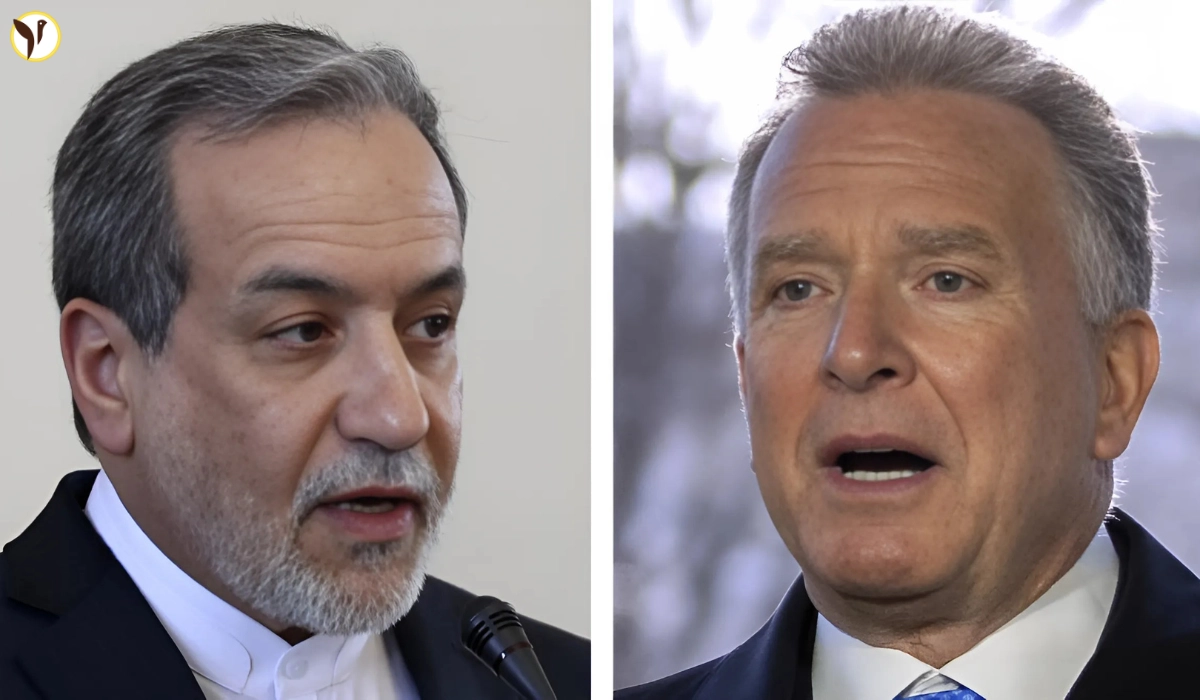The United States and Iran are preparing for a new round of indirect nuclear talks in Muscat, Oman, scheduled for this Sunday. The talks come after months of stalled negotiations and growing concerns about Iran’s nuclear program. The U.S. has sent Special Envoy Steve Witkoff to meet with Iranian Foreign Minister Abbas Araghchi, although the meeting will likely be mediated by Omani officials. Iran is expected to bring a new proposal to the table after rejecting a recent American offer as too restrictive.
The purpose of these talks is to find a peaceful solution to the growing nuclear issue, without resorting to military conflict. Washington wants Iran to reduce uranium enrichment and agree to stricter inspections. Tehran, on the other hand, wants relief from economic sanctions and greater control over its own nuclear program.
Rising Tensions Put Pressure on Diplomacy
This round of negotiations comes at a tense moment in the Middle East. Iran has recently increased its uranium enrichment to levels close to weapons-grade, raising concerns among international observers. The International Atomic Energy Agency (IAEA) is currently reviewing whether to censure Iran for not allowing full access to inspectors.
Meanwhile, U.S. intelligence reports suggest that Israel might be preparing for a possible military strike on Iran’s nuclear sites. In response, Iran’s defense minister warned that U.S. bases in the region could be targeted if Iran is attacked. These warnings have prompted the U.S. to evacuate non-essential personnel from embassies in Iraq, Bahrain, and Kuwait as a precaution.
This high-risk environment has added urgency to the Oman talks. Both sides know that a failure to reach an agreement could lead to open conflict, which would affect not only Iran and the U.S., but the entire region.
Why Oman Is Hosting These Talks Again
Oman has played a quiet but important role in U.S.–Iran diplomacy for years. The country has a reputation for being neutral and trustworthy, and it has often served as a bridge between the two nations. Oman hosted similar back-channel talks in the years leading up to the 2015 Iran nuclear deal.
By holding the talks in Muscat, both sides can communicate indirectly through Omani officials if necessary. This setup allows for more flexibility and avoids direct political pressure. Oman's diplomatic style, based on dialogue and balance, is well suited for sensitive negotiations like this.
In recent months, Oman has continued to host confidential meetings between U.S. and Iranian representatives, even as official talks were paused. This consistency has helped keep communication open, which is especially important during moments of high tension like the one we’re seeing now.
What Are the Key Issues in the Nuclear Talks?
At the heart of the talks is Iran’s uranium enrichment program. The U.S. wants Iran to stop enriching uranium beyond certain levels and agree to keep most of its enrichment work outside the country. One proposal includes forming a regional enrichment program with other Gulf states to provide nuclear material for peaceful purposes.
Iran has strongly opposed this idea, saying it limits its sovereignty. Instead, Iran wants to keep enrichment within its own borders, under international monitoring. Tehran is also demanding economic benefits, like full access to global banking systems and the lifting of U.S. sanctions.
Trust remains a major issue. Both sides doubt the other's commitment. Washington worries that Iran may secretly pursue nuclear weapons, while Tehran believes the U.S. might back out of any deal again in the future, as it did under the Trump administration.
What Comes Next in the Diplomatic Process?
The Sunday meeting in Oman is expected to set the tone for what happens next. If Iran presents a counter-offer that the U.S. finds acceptable, the two countries could move closer to restarting formal negotiations. If not, tensions may continue to grow.
Meanwhile, the IAEA is expected to vote soon on whether to officially criticize Iran for limiting inspections. A formal censure could affect the progress of talks, depending on how Iran responds. If diplomacy fails entirely, military escalation becomes more likely.
Other countries in the region and international partners will be watching closely. Oman will likely remain a key player in this process, helping to manage the fragile peace between two long-time adversaries.
Image Source: The Hindu









